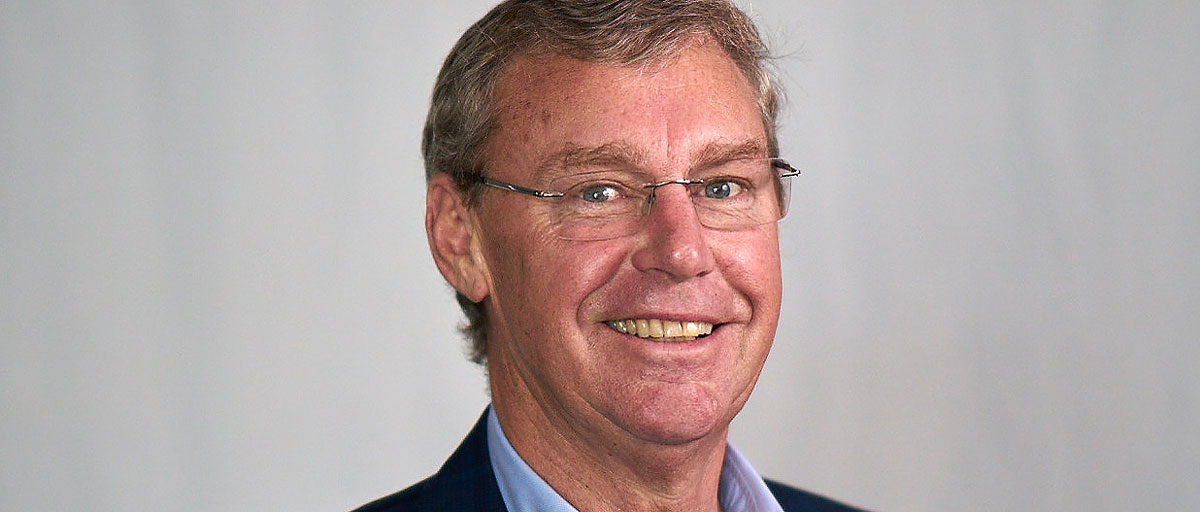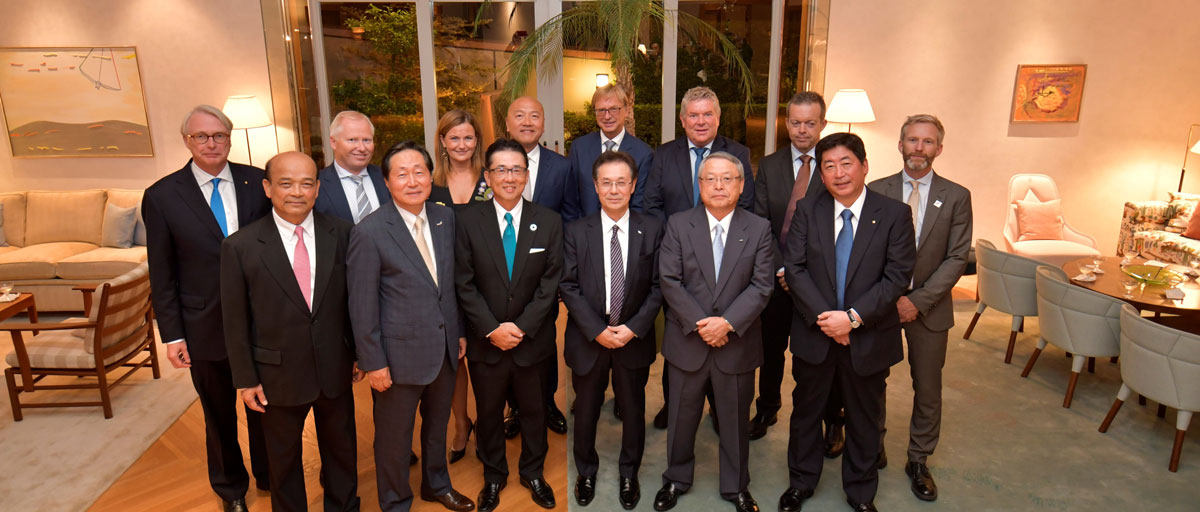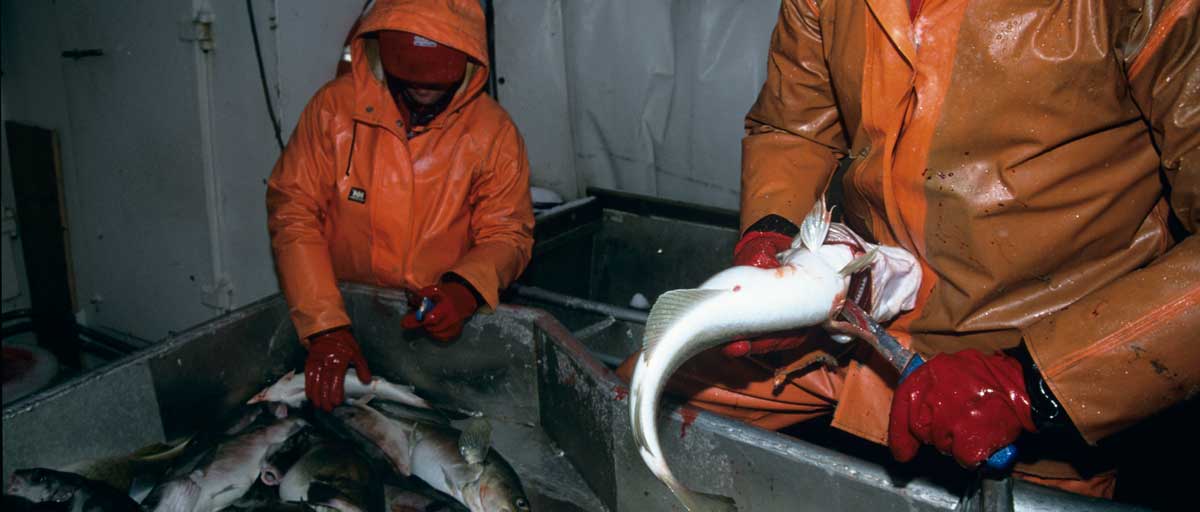
Martin Exel, new managing director for the Seafood Business for Ocean Stewardship (SeaBOS). Photo: D. Carter/CEO Austral
Bildtext får vara max två rader text. Hela texten ska högerjusteras om den bara ska innehålla fotobyline! Photo: B. Christensen/Azote
seafood and sustainability
Centre-facilitated initiative on ocean sustainability appoints Martin Exel as new managing director
Announcement part of next phase of the Seafood Business for Ocean Stewardship (SeaBOS), a joint initiative between the world’s largest commercial seafood companies and science to strengthen sustainable practices within the seafood industry
- Exel has a background in fisheries management, working with the Australian government, and has also been General Manager Environment and Policy for Austral Fisheries – the first carbon neutral fishing company in the world
- Exel will become the new global face of SeaBOS and will be spearheading its ambitious international agenda
- The SeaBOS initiative was established in 2016. Since then, the initiative has been coordinated and facilitated by the Stockholm Resilience Centre and the Royal Swedish Academy of Sciences
Martin Exel will take up the position as managing director for SeaBOS from 1 July 2019. He has a background in fisheries management, working with the Australian government, and has also been General Manager Environment and Policy for Austral Fisheries – the first carbon neutral fishing company in the world. He has also coordinated the Coalition Of Legal Toothfish Operators (COLTO), which has been instrumental for addressing illegal, unreported and unregulated (IUU) fishing in the Southern Ocean.
In his new position Exel will become the new global face of SeaBOS and will be spearheading its ambitious international agenda.
Says Exel: “SeaBOS is a unique partnership of industry leaders, with goals which include reducing illegal fishing and eliminating forced labour practices in the seafood industry; implementing traceability and transparency in supply chains; ensuring sustainable aquaculture and feed production; working to reduce plastics and antibiotics in the marine environment, as well as working with governments to help introduce legislation and regulations.”
Exel also acknowledges centre researchers Carl Folke and Henrik Österblom for their contribution to the launch of SeaBOS, and the leadership of Mr Ito, the inaugural and current Chairman of SeaBOS and President of Maruha Nichiro, the world’s largest seafood company.
Mr Exel has over 35 years’ experience in the seafood industry. He’s a leader and a change-agent who has demonstrated his commitment to sustainable seafood and a healthy ocean, in many facets of our industry. We are fortunate to have his experience and expertise to help guide and shape this organisation.
Mr. Ito, President of Maruha Nichiro
A critically important role
The SeaBOS initiative was established in 2016 as a result of the first keystone dialogue at the Soneva resort, in the Maldives. Since then, the initiative has been coordinated and facilitated by the Stockholm Resilience Centre at Stockholm University and the Royal Swedish Academy of Sciences. It currently consists of ten of the largest seafood producers in the world, engaged in wild capture fisheries, aquaculture and feeds, with companies based in Europe, North America and Asia. Stockholm Resilience Centre and the Royal Swedish Academy of Sciences will remain the key scientific partners to the initiative.
Martin Exel has been identified as having the expertise and skills to lead the SeaBOS initiative to its next, fully operational phase.
“This is a very exciting development and proof that industry is starting to take on the critical challenge of ocean stewardship,” says Henrik Österblom, science director at Stockholm Resilience Centre, and coordinator of the interim SeaBOS secretariat.
“I am very excited about having Martin in this critically important role. The fact that he knows the international seafood industry well and has experience in managing sustainability initiatives, gives me confidence he will be able to deliver exciting results for SeaBOS,” says Carl Folke, professor at Stockholm Resilience Centre. He coined the original analogy between the largest companies in seafood industry and keystone species in ecological communities. Keystone species in nature have a profound effect on the structure and function of an ecosystem and disproportionately determine the prevalence and activities of other species. Similarly, active leadership in sustainability initiatives by the world’s biggest seafood companies could result in a cascade through the entire industry.
Click here to read more about SeaBOS
For further information, please contact:
Martin Exel, Managing Director, SeaBOS
martin.exel@seabos.org
Henrik Österblom, science director, Stockholm Resilience Centre
henrik.osterblom@su.se








